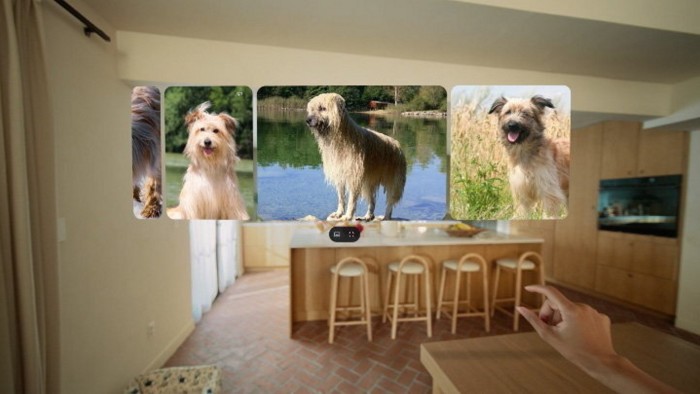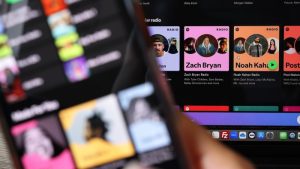Google plans new smart glasses and VR headsets in Samsung partnership

Unlock the Editor’s Digest for free
Roula Khalaf, Editor of the FT, selects her favourite stories in this weekly newsletter.
Google is teaming up with Samsung to take on Meta and Apple in the resurgent market for smart glasses and virtual-reality headsets, almost a decade after suspending consumer sales of its controversial Google Glass device.
Next year, Samsung will release the first device based on a new version of Google’s Android smartphone operating system that has been customised for headsets and glasses, which the Alphabet-owned internet group described as the “next generation of computing”.
The collaboration on the device — codenamed “Project Moohan” — between Google and Samsung, whose alliance in Android smartphones 15 years ago created the first serious competitor to the iPhone, comes 10 months after Apple launched its Vision Pro headset.
However, despite being Apple’s boldest launch into a new product category since the iPhone, the high-priced Vision Pro has struggled to attract consumers with sales estimated to be in the hundreds of thousands.
Meanwhile Meta’s Ray-Ban-branded smart glasses have become a surprise hit. The device, produced in partnership with eyewear giant EssilorLuxottica, combines cameras with a virtual audio assistant in a lightweight frame. Google said it planned to make its new Android XR system available for makers of smart glasses as well as virtual- and augmented-reality headsets.
“Advancements in AI are making interacting with computers more natural and conversational,” Google said in a blog post on Thursday. “This inflection point enables new extended reality (XR) devices, like headsets and glasses, to understand your intent and the world around you, helping you get things done in entirely new ways.”
According to one person familiar with Project Moohan, the Samsung headset offers similar high-fidelity displays and user experience as the Vision Pro, but will be launched at a “significantly” lower price point than Apple’s $3,500 product.
Android XR represents Google’s latest attempt to reboot Google Glass, the futuristic eyewear first announced by its “moonshot” lab X in 2011. However, Glass’s unusual style, including a camera and tiny display, suffered from technical limitations such as short battery life and clashes over privacy. It was pulled from sale to consumers in 2015, although efforts to sell the device to businesses continued for several years.
Google has also tried to break into the virtual reality market before, with its Cardboard and Daydream devices that used a smartphone for their display. However, support for Daydream was discontinued in 2019.
The Silicon Valley-based company is hoping the latest wave of AI innovations, which has brought breakthroughs in image recognition and the ability to hold conversations with virtual assistants, will help it to fare better this time around.
Google this week showed an updated version of its Project Astra prototype, a system for smartphones and smart glasses that allows users to ask questions about what its cameras are seeing. The system is powered by a new version of its Gemini AI platform.
#Google #plans #smart #glasses #headsets #Samsung #partnership







